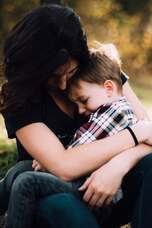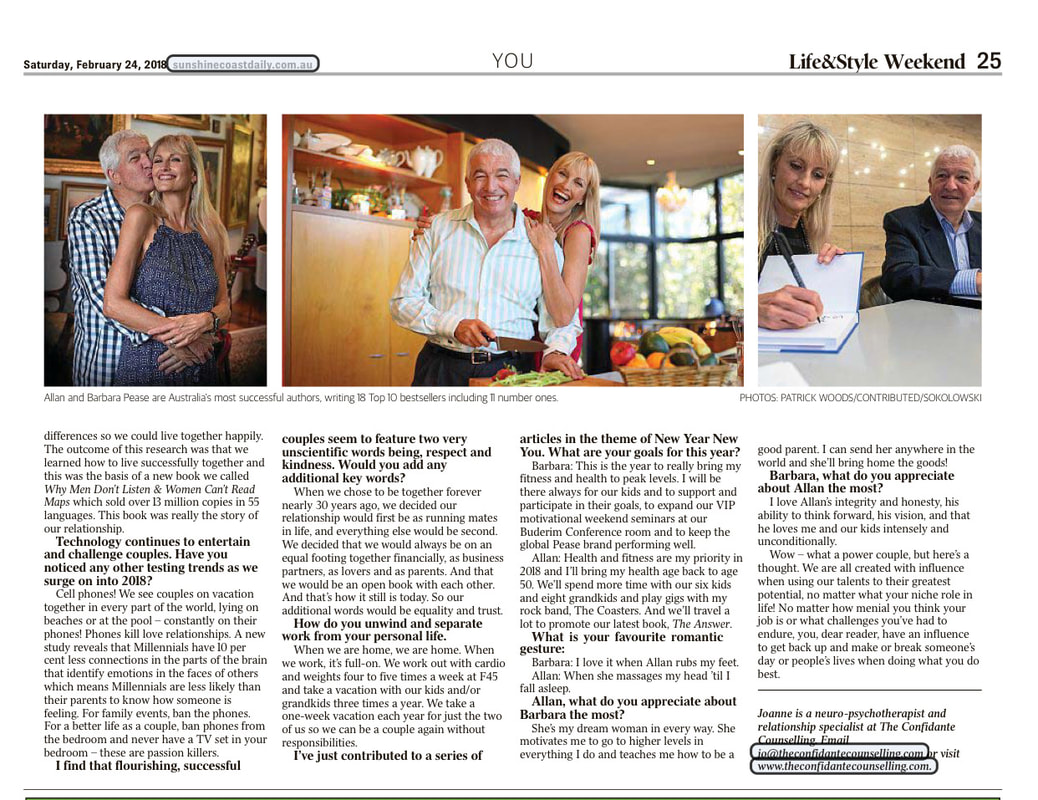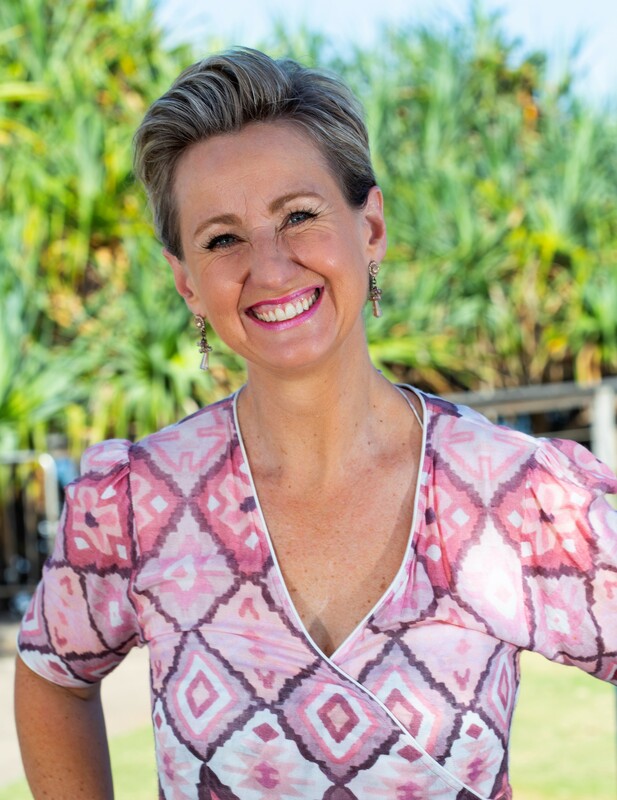|
TheConfidante In the Media
What are some common behaviours seen in children who come from split families?
Dependent upon their age, children cannot always communicate with words. Their responses to parent’s separation may be expressed in behaviour. Some children become very withdrawn. They lack knowledge of the importance of talking about separation change or missing the absent parent. Younger children may become very 'clingy' for fear of losing their remaining parent. Others may 'regress' in behaviour and toilet training. Some act younger than they did before the separation. Nightmares are not uncommon, as well as rebellious or aggressive reactions to other children or their parents. Whilst the separating parents are grappling with their own difficult emotions, it’s imperative to remember the children might be reacting with distress and need your special attention. With time and attentiveness, these behavioural problems disappear. If there has been abuse or their reactions persist over a long period, it is best to seek some professional help. What can the parents/carers do to help their child overcome these issues? Children are not immune to the effects of the parent’s anguish. The resulting toxic atmosphere of arguments can be fuelled by hurt, sadness, possible guilt and feeling a failure. As the adults gradually accept the separation, the children are more likely to do the same. Despite the enormous difficulty, there are immense benefits for the family to forgive. Numerous studies have shown that we when don’t forgive and revisit our memories of the supposed wrongdoing, a fear response is produced in our amygdala (the part of our brain responsible for our emotions). This response causes a release of stress hormones which increases our heart rate and blood pressure. If we keep holding on to our betrayals and anger, this response remains active, putting us at risk of developing stress-related illness both mentally and physically. Forgiving is not easy. Just like any other difficult or new task, you need to learn how to do it with repetition and consistency. For the sake of your own emotional well-being, as well as that of your children - it’s worth it. How can the parents/carers help their child accept and understand the living situation? The most important gift you can give your children is to remind yourself, you’re both their heroes. The biggest reason not to criticise the other parent in front of them is not to steal an important aspect of themselves – the person who created them. We underestimate the terrible effect of openly discussing how bad the other parent is. This can create serious disharmony as they navigate relationships as an adult. Give the children an age appropriate honest account of the impending changes without blame. Explain who is moving away, and when and where they will see the other parent Ensure your children know you both still love them and that this will always be the case. Whilst you might be frequently falling apart on the inside, attempting to create a safe and stable environment is paramount. Keeping to routine as much as possible is helpful. Don’t be tempted to rely on your older children for emotional support but turn to trusted friends, family or counsellor. It is not uncommon for me to support an individual or couples through this process to ensure they remain responsible and loving co-parents. Give the children the space to express their own feelings about the other parent, even if those feelings are not the same as yours. Where possible, talk to the other parent about important communication options, such as a diary or online synced calendar for important school events, fees, activities and play dates. Talk to your children's teachers or day care staff so they can help nurture them and manage any unusual behaviours. What can divorced couples do to make peace for their child? Reassure children that they are not to blame and you both love them. Children can mistake anger from their parent’s arguments as directed toward them. Sadly, they often interpret any of their own troublesome behaviour to be the cause of their parent's divorce. You can make peace for child by knowing that your decision to divorce was considered carefully and over a long period of time. Only when you know you gave the marriage your 100% to rejuvenate and repair it even without success, will you look back with less regret as you recreate a connected and loving environment for them. Joanne Wilson is a neuropsychotherapist, relationship specialist, radio co-host, workshop facilitator and guest speaker. Contact www.theconfidantecounselling.com or via email. Look out for my new podcast discussing these articles and more, "Is This Love?" |
Joanne WilsonJoanne will be your Confidante, enabling you to speak freely in complete confidence and serenity. An integrated approach tailored to your specific needs will be utilised.
Categories
All
Archives
October 2023
|
Joanne will be your Confidante, enabling you to speak freely in complete confidence and serenity. An integrated approach tailored to your specific needs will be utilized. Approaches such as Psychobiological Approach to Couple's Therapy (PACT), Cognitive Behavioral Therapy, Solution Focused Therapy and Emotionally Focused Therapy may be incorporated.
Joanne WilsonRelationship Specialist for individuals and Couples online around the world and servicing areas for virtual sessions around Australia and servicing many clients in Queensland including Caloundra, Noosa, Noosaville, Buderim, Mountain Creek, Gympie.
|
Quick links |
|
Queensland - Australia
0409 909 933
www.relationshiprejuvenator.com
|
|
©
2017-2023 The Confidante Counselling . All Rights Reserved
Web Design by Debbie Navarro




 RSS Feed
RSS Feed









